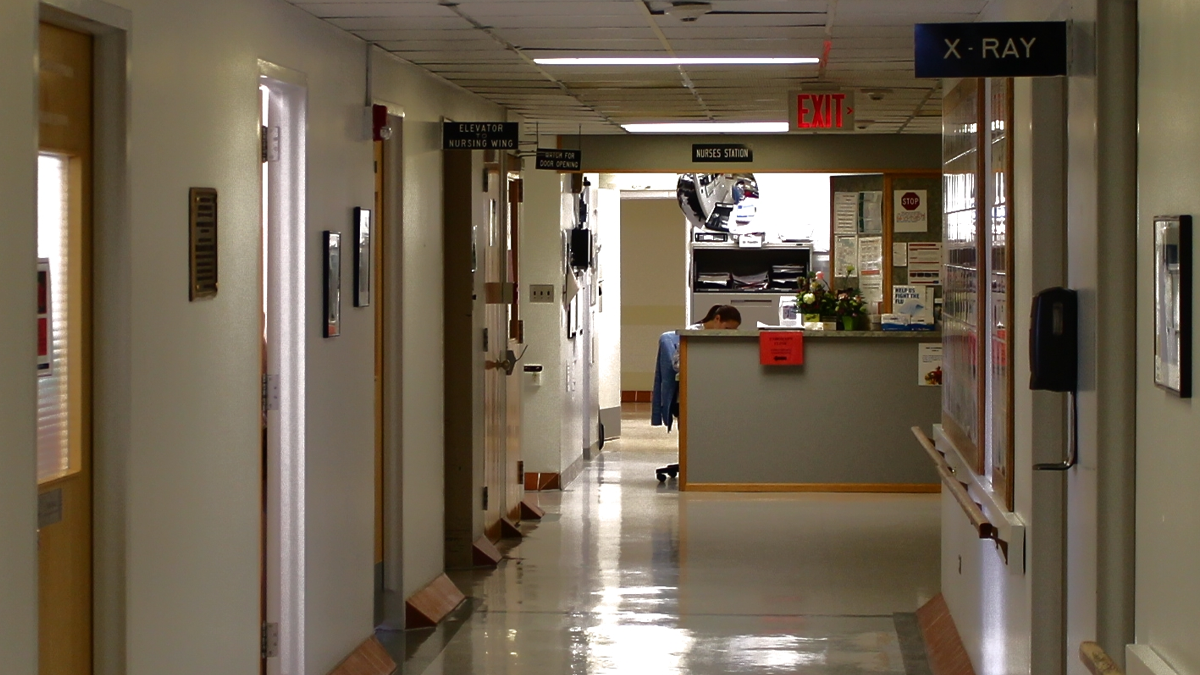A court-issued interim injunction has temporarily suspended the Edmonton Police Service’s plan to clear homeless encampments.
The legal challenge, led by the Coalition for Justice and Human Rights, comes just days before the scheduled removal of eight encampments in Edmonton’s central areas.
“The court has implemented an interim injunction until 12 p.m. Monday, December 18, 2023, to allow the Court proceedings to continue,” City spokesperson Alison Turner told CTV News. “The city will comply with this direction from the court. The city cannot comment further, however, as this matter remains actively before the courts.”
Last week, police announced plans to dismantle 134 structures in central city locations shortly before Christmas.
According to Chris Wiebe, co-counsel representing the Coalition for Justice and Human Rights, the police informed various social service agencies that work with the homeless that the police planned to remove several encampments. The police asked the agencies to stay away during the removals.
The Edmonton Police Service (EPS) cannot comment while the injunction is before the courts but said they will release a comment to their social media accounts when and if they can.
The EPS has argued in earlier documents submitted to the court that the camps pose a fire risk, said Wiebe. A 54-year-old man and a woman believed to be in her 20s died in encampment fires during the first weekend of November, according to The Globe and Mail.
Sam Mason, president of the Coalition for Justice and Human Rights, warned that the removal of the encampments would overwhelm the province’s healthcare system.
“If it goes ahead the way that it’s scheduled … we’re going to see amputations, we’re going to see people get hypothermia, it’ll further overload our healthcare system that is not prepared for this,” Mason stated.
As of early November, Homeward Trust Edmonton, a group committed to eradicating homelessness, reported that approximately 3,080 individuals were homeless in the provincial capital, marking an increase of 521 compared to the same period last year.
Last month, Scott Pattison, a spokesperson for the Edmonton Police, revealed that the city had received over 14,000 complaints about encampments in 2023. In response to these complaints, the police investigated and addressed 4,500 camps.
Edmonton Councillor Andrew Knack remarked, “I don’t think there’s anyone who would suggest that EPS shouldn’t be going in to address criminal activity to arrest those who are breaking the law and to make sure they’re brought to justice. At the same time, how do we make sure we’re treating humanely those who are just in need and who don’t have a place to go? That’s the big question.”
Mayor Amarjeet Sohi commented on the issue, stating that the “scale and timing” of the planned encampment response was “concerning.”
“Given the number of people potentially impacted in this case, I am worried about how displaced people may take shelter in other spaces that are not safe or appropriate,” he said.
With nearly 3,100 homeless individuals in the city and only 1,126 shelter spaces available, the city’s homelessness issue remains unsolved. The ECOHH estimates that as many as 300 people live at targeted locations.



























